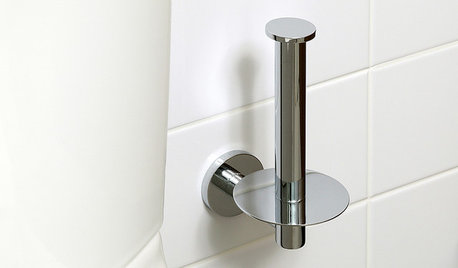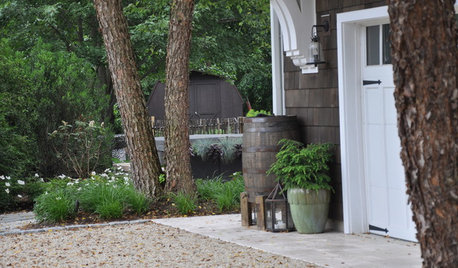what to do now
seeker1122
9 years ago
Featured Answer
Sort by:Oldest
Comments (8)
Macmex
9 years agolast modified: 9 years agoslowpoke_gardener
9 years agolast modified: 9 years agoRelated Professionals
Camas Landscape Architects & Landscape Designers · East Lake-Orient Park Landscape Contractors · Eureka Landscape Contractors · Lantana Landscape Contractors · Welby Landscape Contractors · Wilton Landscape Contractors · Northlake Landscape Contractors · Casselberry Landscape Contractors · Blue Springs Decks, Patios & Outdoor Enclosures · Lakewood Decks, Patios & Outdoor Enclosures · Lauderdale Lakes Decks, Patios & Outdoor Enclosures · Medford Decks, Patios & Outdoor Enclosures · Palmetto Decks, Patios & Outdoor Enclosures · South Milwaukee Decks, Patios & Outdoor Enclosures · Waukesha Decks, Patios & Outdoor EnclosuresOkiedawn OK Zone 7
9 years agolast modified: 9 years agoluvncannin
9 years agolast modified: 9 years agoOkiedawn OK Zone 7
9 years agolast modified: 9 years agoluvncannin
9 years agolast modified: 9 years agoseeker1122
9 years agolast modified: 9 years ago
Related Stories

HOUZZ CALLHow Are You Passing the Time at Home Right Now?
Share your thoughts about how you are coping with stress and staying grateful during this difficult time
Full Story
FUN HOUZZ14 Things You Need to Start Doing Now for Your Spouse’s Sake
You have no idea how annoying your habits at home can be. We’re here to tell you
Full Story
KITCHEN DESIGNTrending Now: 10 Ideas From Popular New Kitchens on Houzz
Contrasting cabinets, oversize pendants and custom range hoods turn up the heat in these ideabook-worthy kitchens
Full Story
MOST POPULAROur Favorite Kitchen Storage Ideas Now
Make the most of every square inch with these clever cabinetry solutions
Full Story
DECORATING GUIDESHow to Love Your Kitchen More, Right Now
Make small changes to increase the joy in your kitchen while you cook and bake, without shelling out lots of dough
Full Story
GARDENING AND LANDSCAPINGHouzz Survey: See What Homeowners Are Doing With Their Landscapes Now
Homeowners are busy putting in low-maintenance landscapes designed for outdoor living, according to the 2015 Houzz landscaping survey
Full Story
KITCHEN DESIGNTrending Now: 25 Kitchen Photos Houzzers Can’t Get Enough Of
Use the kitchens that have been added to the most ideabooks in the last few months to inspire your dream project
Full Story
EVENTSLook What Tile Can Do Now: 9 Versatile New Finishes
See exciting new stoneware looks from Italy’s big ceramic tile and bath show
Full Story
SAVING WATER6 Reasons Why You Should Save Your Rainwater Now
Collect and store during the rainy season so you’ll have water ready for irrigation when you need it
Full Story
ARCHITECTUREHouzz TV: Christmas in Chicago Will Make You Want to Move There Now
See Millennium Park, historic brownstones and other architectural landmarks lit up for the holiday season
Full StorySponsored
More Discussions






AmyinOwasso/zone 6b